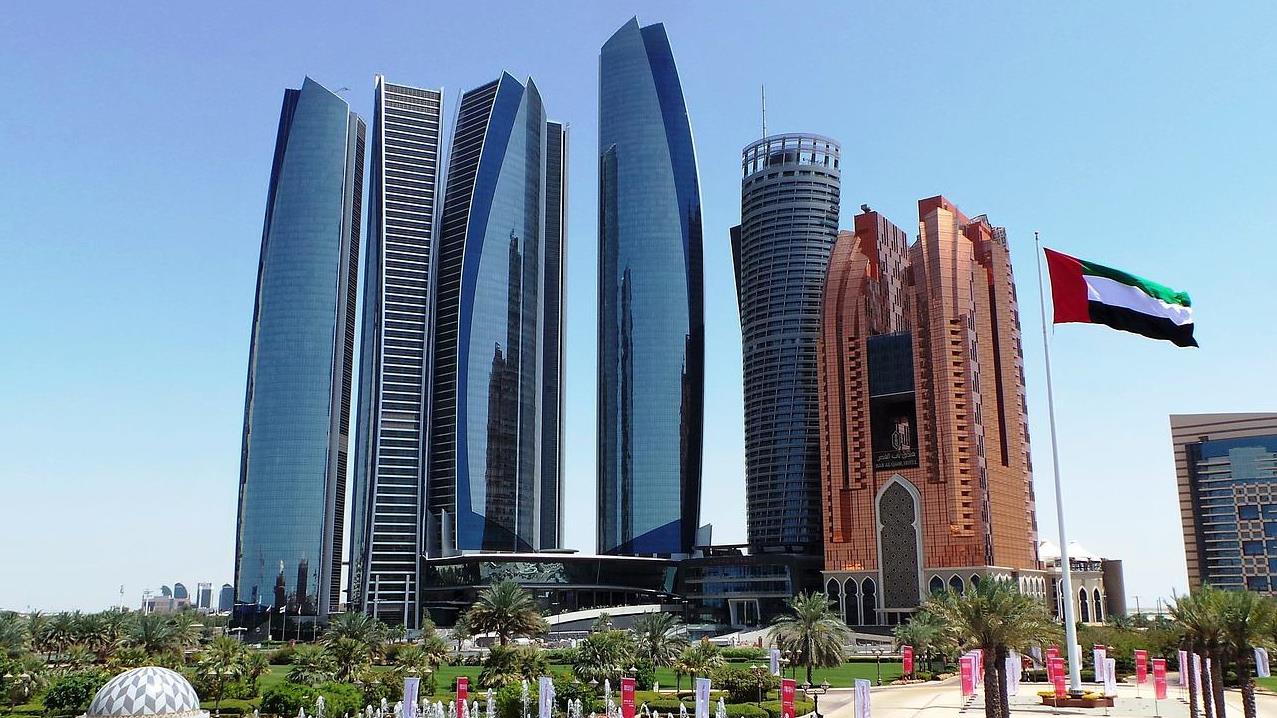

Abu Dhabi's efforts to decarbonise real estate are creating opportunities for companies that specialise in retrofitting buildings.
A key driver is the Abu Dhabi Demand Side Management and Energy Rationalisation (DSM) Strategy 2030, introduced by the Abu Dhabi Department of Energy (DoE) in September 2019.
The strategy sets electricity and water consumption reduction targets of 22 per cent and 32 per cent, respectively, from a 2013 baseline.
Energy consumption rates in Abu Dhabi are projected to increase by 1.4 per cent each year until 2035, on the back of a rising population and growing economy. Much of the energy demand is attributed to the industrial and business sectors.

Source: Abu Dhabi Department of Energy
Building retrofits are one of the nine programmes listed under the DSM strategy, and the Abu Dhabi government is actively rolling out initiatives across public sector buildings.
DoE completed its first pilot retrofit project in early 2020, improving energy efficiency across eight government buildings. A subsequent memorandum of understanding (MoU) was signed with five government entities to roll out the programme across 39 buildings.
To enable the success of retrofits, the government is focusing on three key areas: finance, technology and policies.
“Financing of projects is an issue worldwide,” says Mohamed al-Hadhrami, Energy & Water Efficiency Accelerators Directorate, Abu Dhabi Department of Energy.
“Upgrading the buildings to reduce their water and energy consumption is not cheap. Most of the energy service companies tend to be small and medium-sized companies, who lack the means to raise funds for such projects.”
Sensing the need for an intermediary in the market to coordinate between building owners and energy services companies (Escos) led to the launch of Abu Dhabi Energy Services (ADES) in 2020. Labelled as a ‘Super Esco’, ADES is the energy-efficiency arm of Abu Dhabi National Energy Company (Taqa).
“A ‘Super Esco’ provides the most effective mechanism of financing for those Escos,” says Al-Hadhrami.
On the technology front, he notes that outdated stock will require greater efforts to close the ‘technology gaps’ to allow effective analysis of historical and future consumption patterns. Working with a number of technology vendors to devise effective energy efficiency solutions is the way forward.
“In Abu Dhabi, we’ve already taken the step in terms of policies by introducing the DSM strategy,” says Al-Hadhrami. “This will serve multiple objectives: create the market, reduce the burden on the government, and help us lead by example.”
DoE is also planning to introduce a licensing scheme to help define the minimum criteria that a private Esco will have to meet to qualify for projects.
“We will measure aspects such as financial status and technical capabilities to ensure the companies can serve the purpose.”
The DoE wants to further extend the retrofitting approach to the industrial and agriculture sectors.
Another set of drivers of the retrofit market is the UAE Net-Zero by 2050 initiative and the Cop 28 summit, which will be held in the UAE in 2023.
Challenges
Several hurdles could limit the success of building retrofits.
Speaking during a panel at the RetroFit Tech Abu Dhabi Summit on 1 June, Suhaib al-Marzooqi, head of business development at ADES, states that the “challenge of tariffs lingers”.
“Changing the culture around subsidised electricity rates is important,” he says. “It’s about creating awareness, to educate that the low cost should not be an excuse for wastage.”
Al-Marzooqi says it will not be easy to change the mindsets towards retrofits, as the procurement and contract processes differ from conventional construction and maintenance contracts.
Moreover, the Esco business model remains new to asset owners and not “fully marketable”. And it requires involvement from the building owner’s side to ensure a successful programme.
“Policies are very important – it’s not just about reducing a utility bill, it’s about building a whole ecosystem of reducing energy wastage and consumption,” he says.
Another panellist, Simon Miller, government regulatory impact specialist at Abu Dhabi Quality and Conformity Council (QCC), says that having the “right personnel” to see retrofit projects through not just during implementation but during their whole lifecycle is an issue.
“We need to ensure that Escos, owners and building operators have the long-term capability to work with energy efficiency, and we’re actively working towards boosting that capability,” he says.
You might also like...

Iran-US talks see earnest engagement
27 February 2026

Kuwait receives bids for $400m Subiya utilities plant works
27 February 2026

A partner’s perspective on working with Sharakat
27 February 2026

Egypt’s Obelisk equity move merits attention
27 February 2026
A MEED Subscription...
Subscribe or upgrade your current MEED.com package to support your strategic planning with the MENA region’s best source of business information. Proceed to our online shop below to find out more about the features in each package.
Take advantage of our introductory offers below for new subscribers and purchase your access today! If you are an existing client, please reach out to your account manager.






 Projects to unlock more than AED100mn in savings says ADES chief
Projects to unlock more than AED100mn in savings says ADES chief
